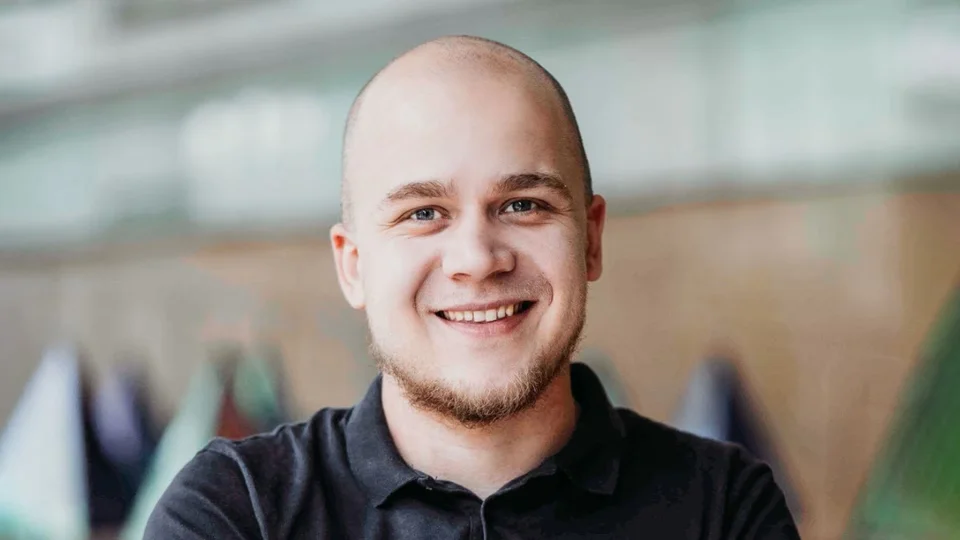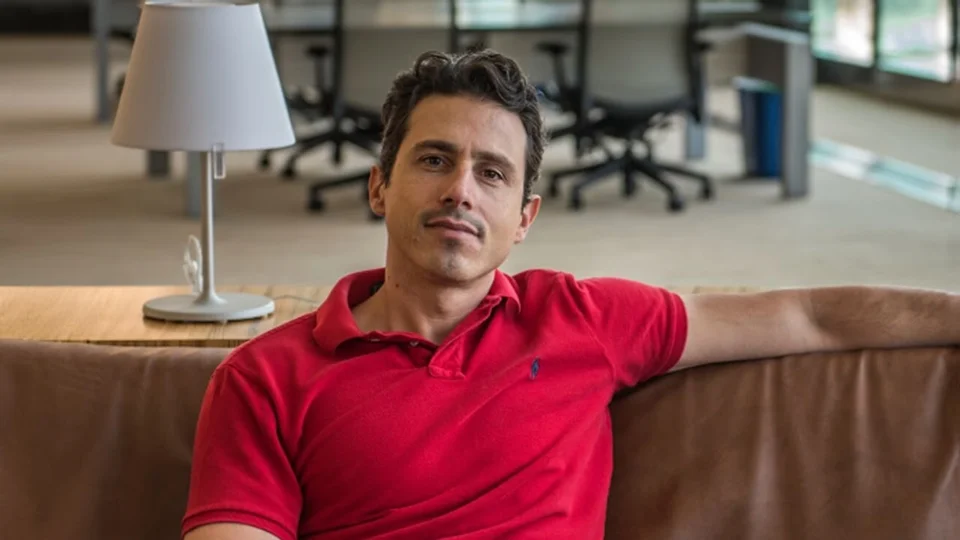
Machine learning in hardware via trained metasurface encoders: theory, design and applications
In this thesis, we introduce a novel concept of metasurface optical accelerators for machine learning with the corresponding end-to-end optimization framework that is robust to fabrication intolerance and can simultaneously optimize in tens of millions of degrees of freedom. The core of this technology is universal approximators, a single surface of optical nanoresonators mathematically equivalent to a single layer of an artificial neural network (ANN).
Overview
Abstract
The development of modern Machine Learning (ML) frameworks trained on large datasets established a rapid increase in the performance of cognitive computing algorithms for a wide range of applications. However, due to the processing capacity restrictions of electronics, scaling up the existing state-of-the-art is currently meeting a bottleneck. Recently, flat-optics arose as a promising alternative to conventional electronics due to intrinsic parallelism, tunability, and high speed of optical computations. Finding scalable, highly effective designs that can tolerate fabrication defects brought on by nanoscale manufacturing processes and the demanding design specifications of the end task is one of the main hurdles of flat optics.
In this thesis, we address this problem by introducing an end-to-end optimization methodology that is robust to fabrication intolerance and can simultaneously optimize in tens of millions of degrees of freedom. The core of this technology is universal approximators, a single surface of optical nanoresonators mathematically equivalent to a single layer of an artificial neural network (ANN). For these structures, we provide theoretical guarantees for universal approximation, an ability to approximate arbitrary defined material's transfer function. We validate this framework's capability by creating several optical components achieving near unity efficiencies for vectorial light processing with broadband spectral responses and pre-defined wavefront characteristics. In addition, leveraging the high-dimensional capabilities of that system, we present a novel concept of spectral-informed imaging, which does not require the use of spectral analyzers or complex mechanical filters but uses an artificial-intelligence engineered, "hardware" flat-optics surface that processes spectral encoding at the speed of light inside silicon (Si) metasurface.
Brief Biography
Maksim Makarenko is a Ph.D. student at the King Abdullah University of Science and Technology, where he is currently studying Electrical & Computer Engineering and doing research in the Primalight research group under the supervision of Andrea Fratalocchi. His research interest is developing algorithms for Machine Learning and Optimization implemented into optical hardware. Based on his Ph.D. study, he co-founded the Pixeltra startup company, where he is currently employed as Chief Technical Officer. Before KAUST, he obtained his MS degree in Physics at the Novosibirsk State University.

